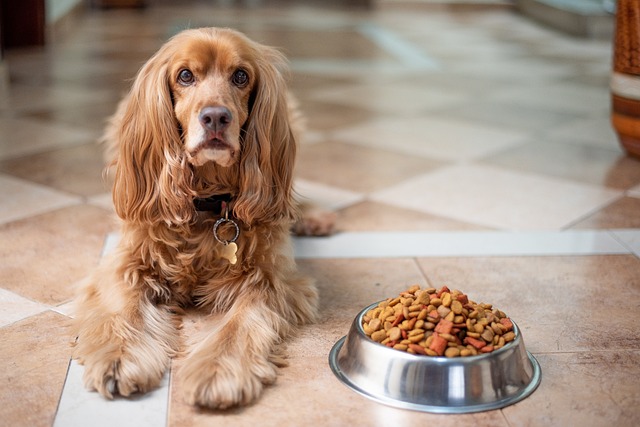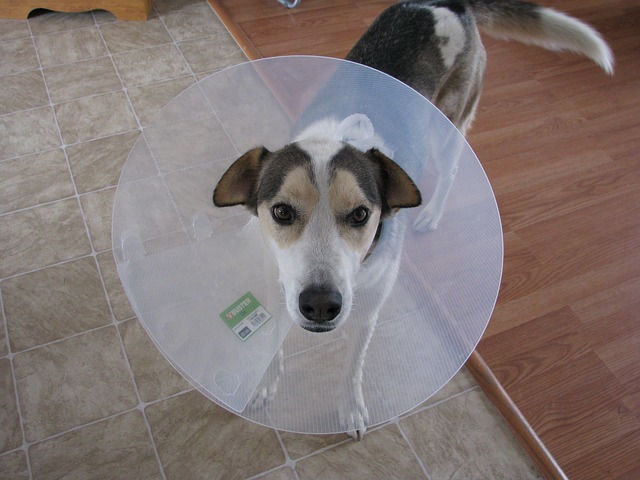Feeding your dog a grain-free diet is one of the best things you can do for his health. The reason this diet is so popular is that it has been proven to help with digestive issues. In this article, we’ll discuss why feeding your dog grain-free food is good for his health and how to transition him from regular kibble to a new type of kibble without any problems.
What is grain-free?
Grain-free dog food is a type of dog food that is free of grains, including wheat, corn, and rice. It’s often recommended for dogs with allergies or sensitive stomachs.
The main reason why grain-free diets are a popular choice among pet owners is that they don’t contain any ingredients that can cause digestive issues for your pup. However, while there are no carbohydrates in these foods—which means no gluten or wheat—there may still be certain other ingredients that could cause problems if consumed by your pet over time (like artificial sweeteners). So before making the switch to a grain-free diet for your furry friend, it’s important to consult your veterinarian first!
Why feed your dog grain-free food?
- Better for your dog’s health.
- Better for your dog’s digestion.
- Better for your dog’s skin and coat.
Common digestive problems in dogs
Dog food allergies are a common problem in dogs, affecting up to 10% of the canine population. Dog food intolerance is another condition that can be caused by feeding your dog an inappropriate diet. This condition affects 1% of dogs and may cause digestive issues if left untreated.
Sensitivity to certain ingredients found in commercial products is also common among pet owners, with some studies showing up to 10% of people having some sort of sensitivity or allergy reaction when they eat out at restaurants or take their own food home from a restaurant without first checking the ingredients list on it.
These symptoms include:
When to feed grain-free dog food
If your dog is sick. It’s important that you keep a close eye on your pooch if he or she is feeling unwell, as this could indicate an underlying health problem that needs treatment. If you notice any signs of illness (such as diarrhea, vomiting, and/or fever), it’s best to consult your vet before changing your diet immediately.
- When your dog is overweight or obese. If you have concerns about the amount of weight that’s been gained by your canine companion over time, then switching over to a grain-free diet may be an effective way of managing this issue without causing any negative side effects in terms of health outcomes or behavior changes later on down the line.
- When they have special dietary requirements such as those related specifically to medications prescribed by veterinarians during recovery periods after surgeries; or even just allergies related directly to certain types of foods found within traditional commercial brands.
For example, grass-fed beef contains immune-boosting properties which help fight off infections when given orally – so when used regularly alongside regular vaccinations against viruses like flu strains A & B strains C etcetera.”
How to transition your dog to eating a grain-free diet
As you begin the transition to a grain-free diet, it’s important to consider the amount of food your dog will need. A small amount of chicken or lamb meal can be added to their regular dry kibble in order to help them adjust over time and allow them to get used to the new ingredients.
Once your dog is eating well on this new diet, you should gradually increase their daily intake until they reach their maintenance level once again. This may take several weeks depending on how much weight has been lost during treatment for GI issues. Also, how quickly you want your pet’s nutritional needs met by adding more food than usual. He starts feeling better each day
Are There Any Potential Benefits Of Grain-Free Dog Food?
Grain-free dog food is a good option for dogs with digestive problems, allergies, and skin issues. These problems can be caused by a variety of factors including:
- Ingredients in dog food (like corn) or other substances that can cause inflammation and irritation in your pup’s gut.
- The way your pup processes these ingredients (e.g., too much fat or protein intake).
Grain-free options also help deal with both of these issues because they’re made without any grains whatsoever.
Conclusion
It’s worth noting that while there are a few potential benefits to grain-free dog food, there are also risks to be aware of. For example, if you don’t feed your dog enough calories—and thus don’t provide him with enough nutrients—this could lead to weight loss or malnutrition. This can cause problems for both your pet and your home environment because it means spending more money on vet visits and treats that may not work as well as those made from real foods (such as chicken necks).




